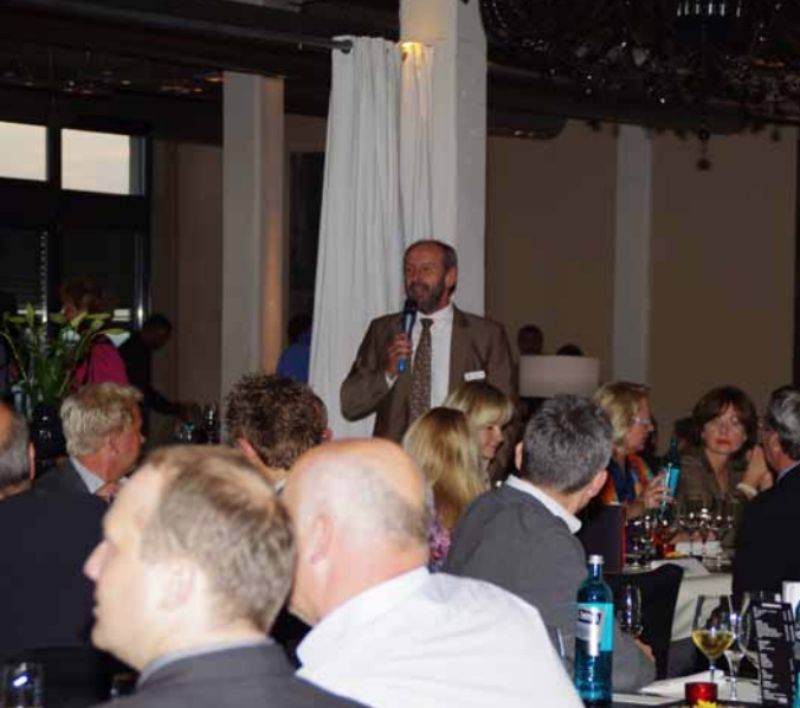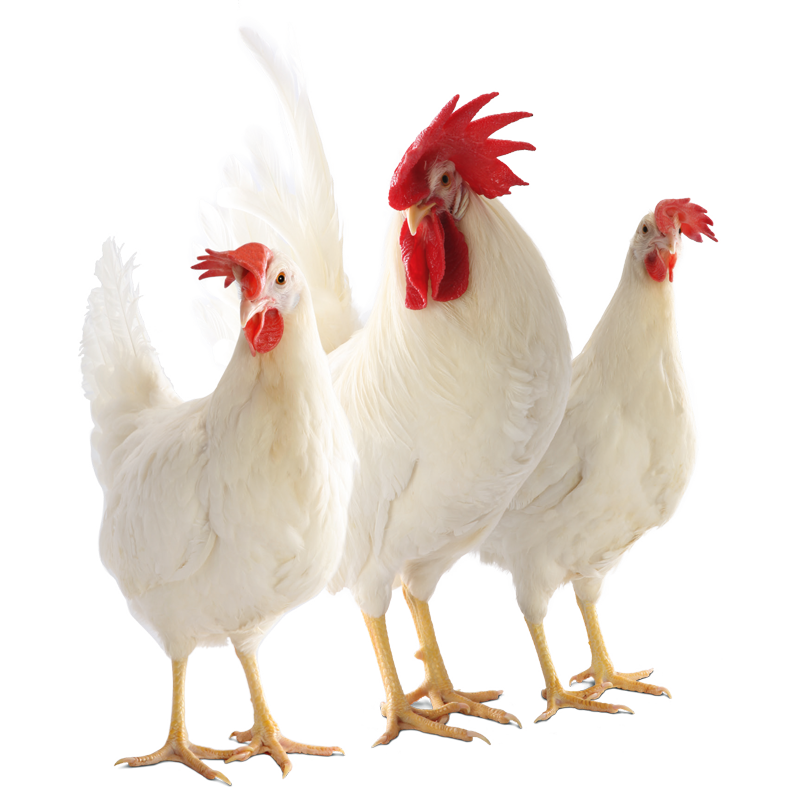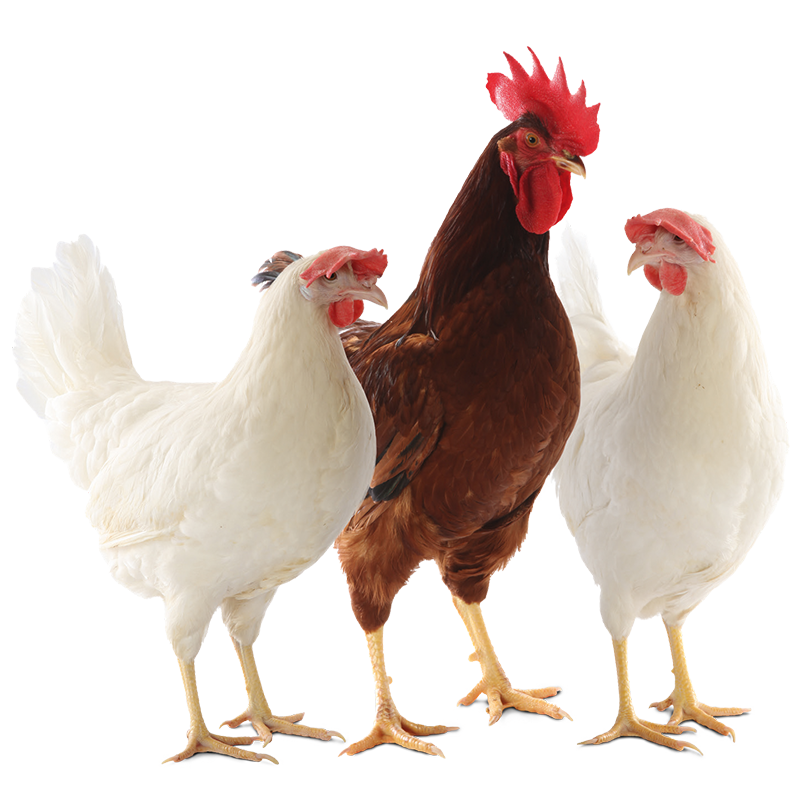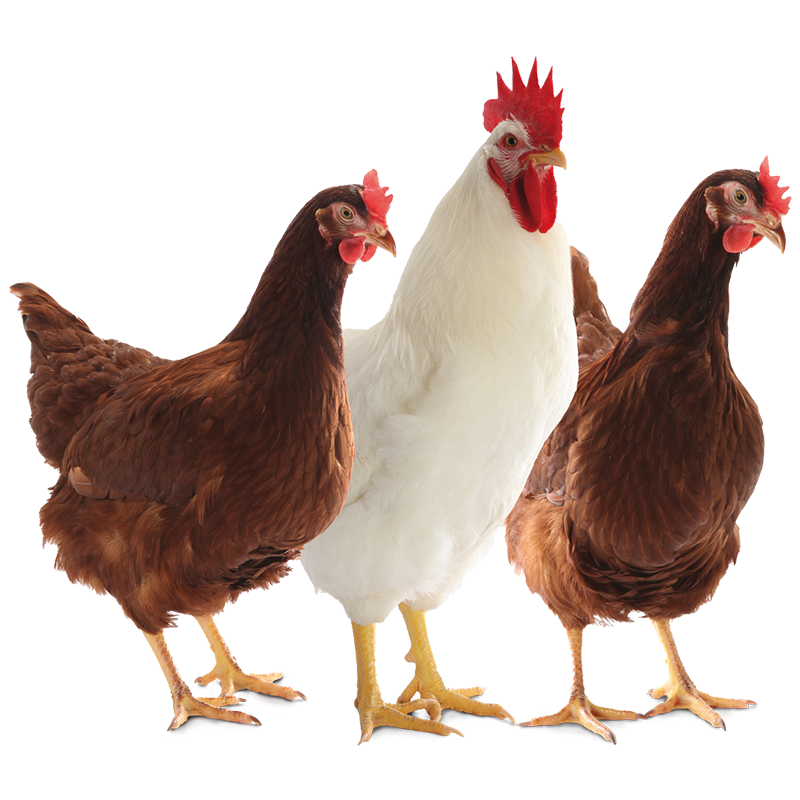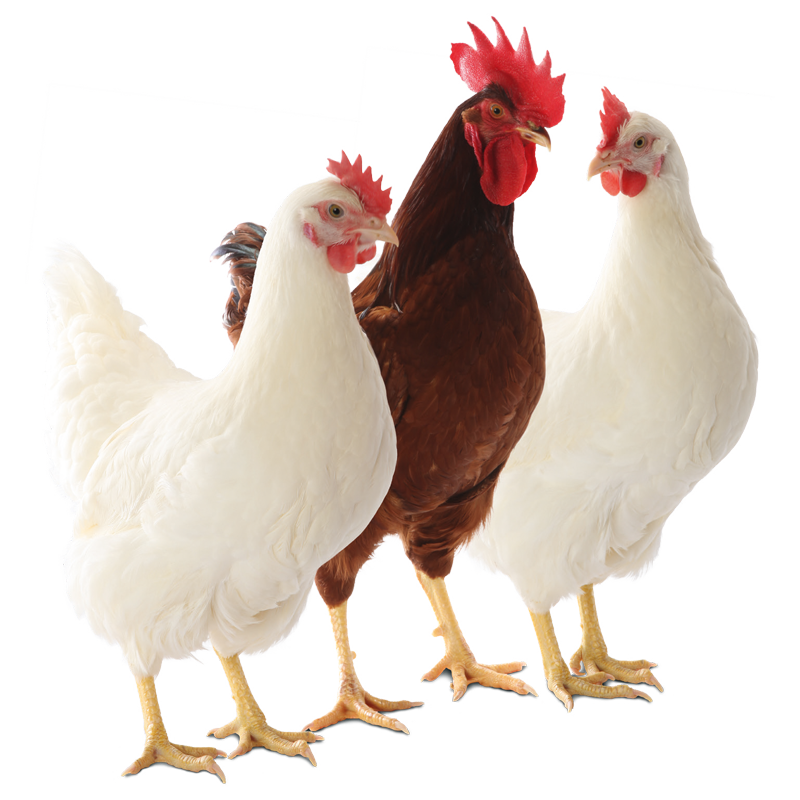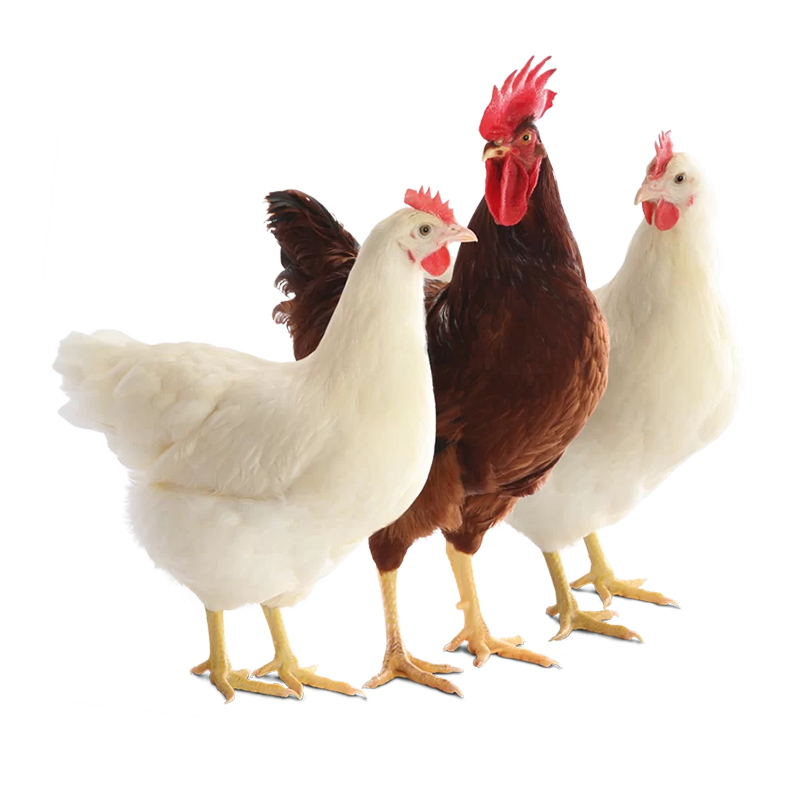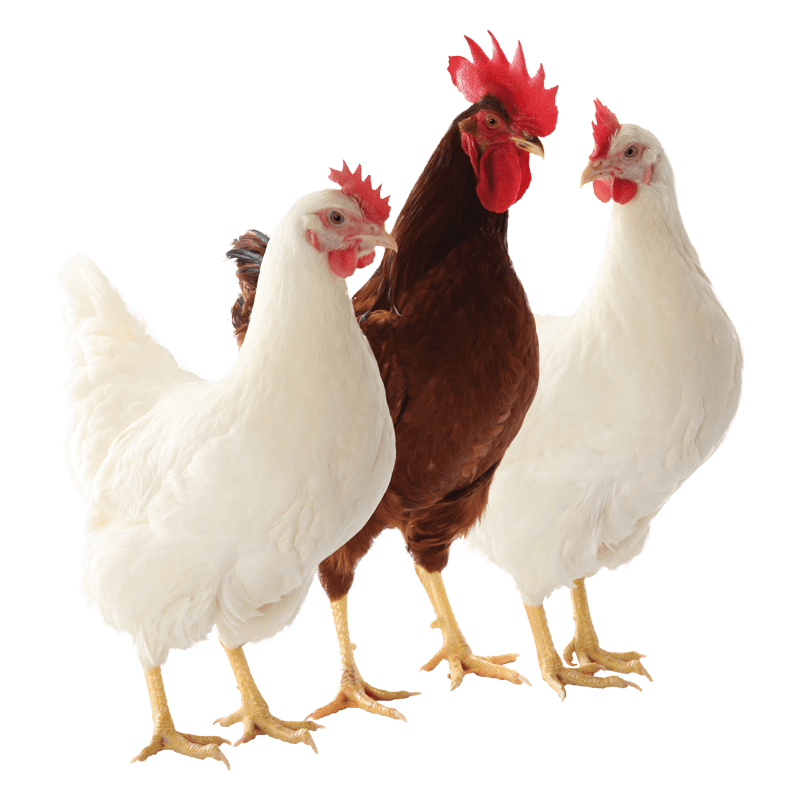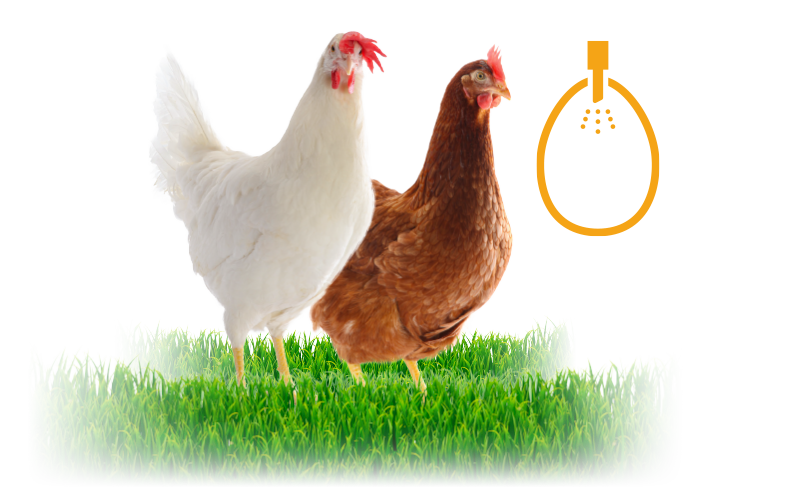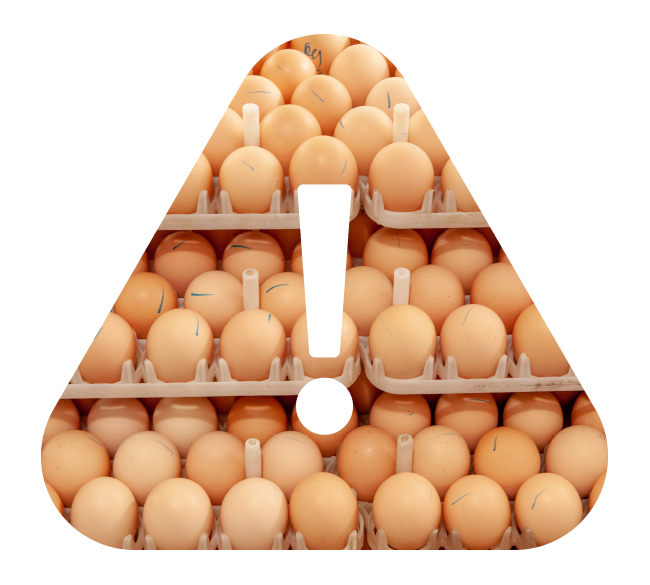49th LOHMANN TIERZUCHT Franchise Distributor Meeting
From 27th to 28th of September 2011, LOHMANN TIERZUCHT had invited its franchise hatcheries and distributors to the 49th Franchise Distributor Meeting in Bremen. High-level speakers from Germany and abroad promised an interesting event. This time, the following topics were on focus: shell stability and animal welfare.
In his welcome speech, Dr. Hans-Friedrich Finck emphasized the continuous increase in sales of LOHMANN TIERZUCHT and revealed some development prospects of genetics. He highlighted, for example, the selection regarding improved vitality of the birds, the development of niche products and the selection regarding nest acceptance. Furthermore, he informed about the visual changes in LOHMANN TIERZUCHT’s external communication.
Focus on egg shell
First speaker was Prof. Sally Solomon of the University of Glasgow with the lecture entitled: “The egg shell: suited for its purpose?” In her vivid presentation, the wellknown poultry researcher examined the egg shell from the hatching egg as well as the table egg perspective with a special focus on shell structure. Finally, her conclusion was: “Fit for purpose”.
Dr. Wiebke Icken and Dr. Matthias Schmutz of LOHMANN TIERZUCHT commonly lectured on the selection regarding shell stability and thus, directly followed Prof. Solomon’s subject. They elaborated on different methods of measuring shell stability and the comparison of testing devices for breaking strength as well as the breaking strength of eggs depending on the hens’ age. The specialists of LOHMANN TIERZUCHT stated that for measuring shell stability the so-called Crack Detector is the best method in order to ensure a continuous genetic improvement of the shell stability.
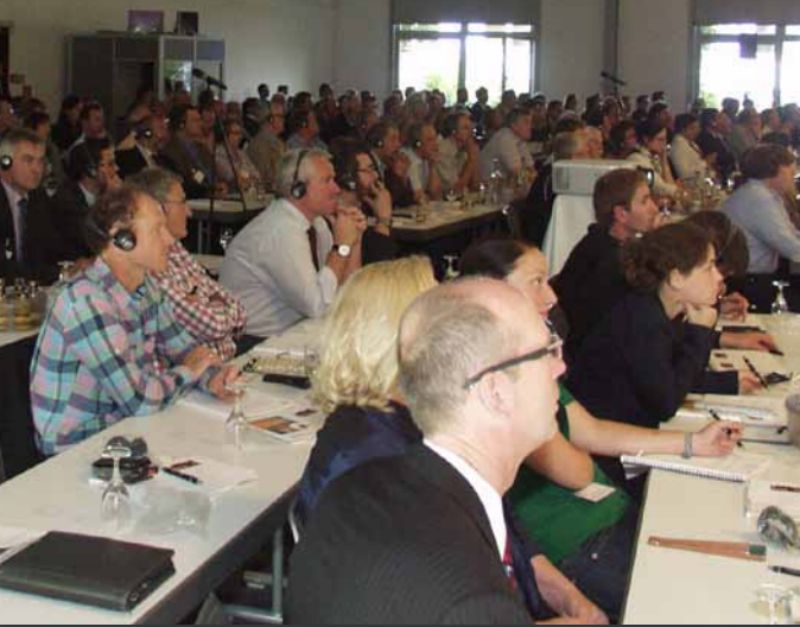
Dr. Frederik Ranck of Ranck Veterinary Practice completed the first event day with his lecture on “Egg shell defects of commercial layers caused by Mycosplasma synoviae“. He explained that Mycosplasma synoviae have a great influence on shell quality and laying performance. Moreover, Mycosplasma synoviae also affect the egg quality with regard to shell colour, consistency of albumen, size of air space, yolk colour as well as shell stability.
Focus on animal husbandry and welfare
The second event day concentrated on animal husbandry and welfare. Arnold Elson of ADAS Gleadthorpe (UK) started with a lecture on the past, present and future of laying hen farming. The future of laying hen husbandry should aim at the following:
• further development of enriched cages
• optimization of aviary and free range systems
• dissemination of animal-friendly systems also outside Europe
• secure protection system for laying hens, e.g. protecting against birds of prey
The lecture of Prof. Dr. Rudolf Preisinger was entitled: „Relevant Animal Welfare Aspects in layer breeding“. He talked about daily challenges as well as animal welfare aspects, basic research regarding sexing, beak trimming, single cage management for exact efficiency testing and animal identification – and put all this up for discussion. According to Preisinger, bad management could affect animal welfare in any system, whereas in alternative systems good management is particularly required and expensive.
The event was completed with the presentation of Dr. Klaus Damme (from the expert centre for poultry in Kitzingen). In his presentation about the use of male layer hybrids for meat production, he explained the difficulty in feeding a male layer hybrid in such a way that he becomes fat enough to be saleable as a broiler male. This measure for avoiding the forced death of day-old male chicks of layer hybrids was not only problematic with regard to the considerably longer fattening period, but also with regard to the automation of the slaughtering process. The setup for the special integration of small broilers including a new build slaughterhouse and a specialised marketing would be required, Damme concluded.
Both Preisinger and Damme stated clearly that when it comes to evaluating alternatives to the forced death of male layer hybrids, the focus must not be put on economic and commercial interests. A lively discussion with controversial opinions finalized the series of lectures. The opposing points of view were on the one hand the hunger in developing countries and on the other hand the forced death of male day-old chicks for whose fattening much more corn would have to be grown.
In the evening of the first event day, the participants could relax in the pleasant Hudson Eventloft which offered an ideal ambience for mutual exchange and further discussions among the experts.
The 50th Franchise Distributor Meeting will take place from 25th to 27th of September 2012 in Berlin.
